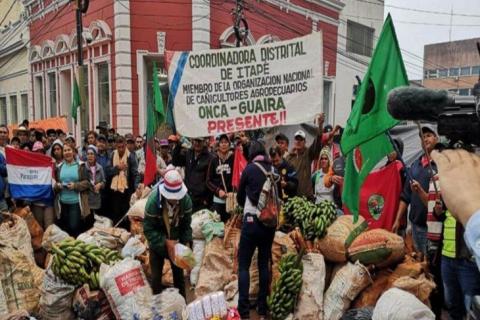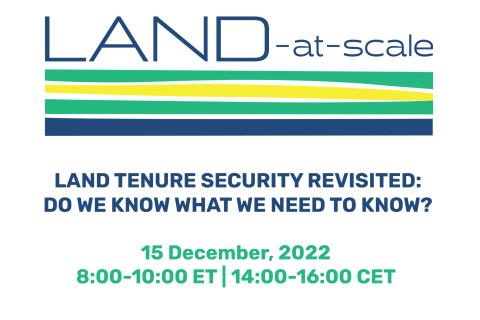Strengthening security of tenure is considered a key outcome of the LAND-at-scale program as a pre-condition to improved livelihoods, resilience, and sustainable resource use. LAND-at-scale interventions employ a range of tools to achieve tenure security, in particular land mapping and registration. Despite the popularity of such interventions, the assumptions underpinning the impact pathways from registration to tenure security and derived outcomes such as improved livelihoods are not always built on a solid evidence base.







